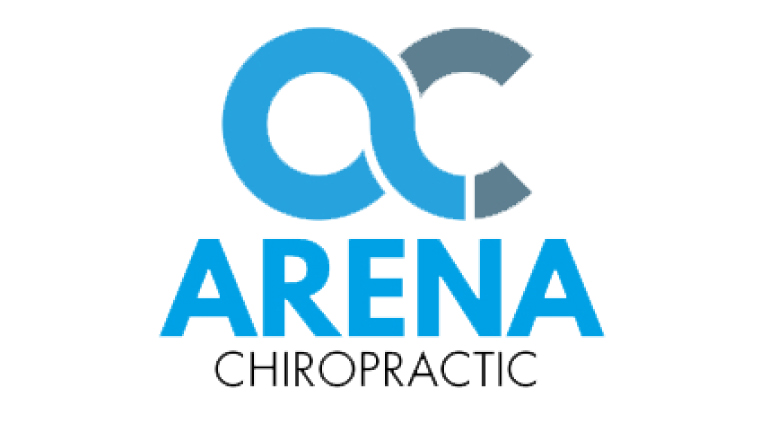What animates us? In other words, what is it that causes us to be living matter? For example, what distinguishes a living orchid from a tissue-paper-and-paint model of an orchid? Or what distinguishes a hawk from an airplane? What is it that causes the material that is us to hold together and function in an organized fashion, rather than falling apart and decaying as all other non-living matter eventually does?
These are deep inquiries, presenting issues that most of us never take time to consider. We take our existence for granted, although the mental exercise of wondering where we came from and how we got here might prove very useful. In fact, pondering these questions may provide us a bit of insight as to our real nature, and the answers we get may help us become healthier, happier, more self-fulfilled human beings.
Scientists have been engaged in investigating these and related questions for more than 2000 years. Philosophers, writers, and artists have done likewise throughout the ages. Most recently, particle physicists working at the Large Hadron Collider near Geneva, Switzerland, have been attempting to prove the existence of a hypothetical elementary particle known as the Higgs boson. If identified, the Higgs particle would help support the Standard Model, which in turn provides deep knowledge of the structure and workings of the our universe.
The renowned paleontologist and philosopher Pierre Teilhard de Chardin proposed in “The Future of Man” that life is a directed, intended consequence of the development of matter in the universe. Further, he states many times that human consciousness is the intended culmination of the evolution of life on our planet. There are many astounding implications to Teilhard’s philosophy, but what is one practical takeaway that we can use today?
Practically speaking, consciousness is a gift. What we do with it is up to us. One very useful path to take is to use our consciousness to manage the state of matter in our bodies. That is, we can make conscious choices about the food we eat,1 the healthy activities we engage in,2,3 and the methods of health care we use to help keep us well.
One such conscious choice is to get regular chiropractic care. In fact, chiropractic care may be directly related to the timeless inquires of philosophers and scientists. Chiropractic care “throws on the switch” that enables clear, optimal communication between your brain and your body. Doing this creates a powerful pathway between the consciousness that is you, the “light within”, and your physical body, allowing both to work together in seamless harmony.
1Krajcovicova-Kudlackova M, et al: Selected biomarkers of age-related diseases in older subjects with different nutrition. Bratisl Lek Listy 112(11):610-613, 2011
2van Dijk JW, et al: Both resistance- and endurance-type exercise reduce the prevalence of hyperglycaemia in individuals with impaired glucose tolerance and in insulin-treated and non-insulin-treated type 2 diabetic patients. Diabetologica 2011 Nov 29 [Epub ahead of print]
3Awad AB, et al: Vitamin D and metabolic syndrome risk factors: evidence and mechanisms. Crit Rev Food Sci Nutr 52(2):103-112, 2012




